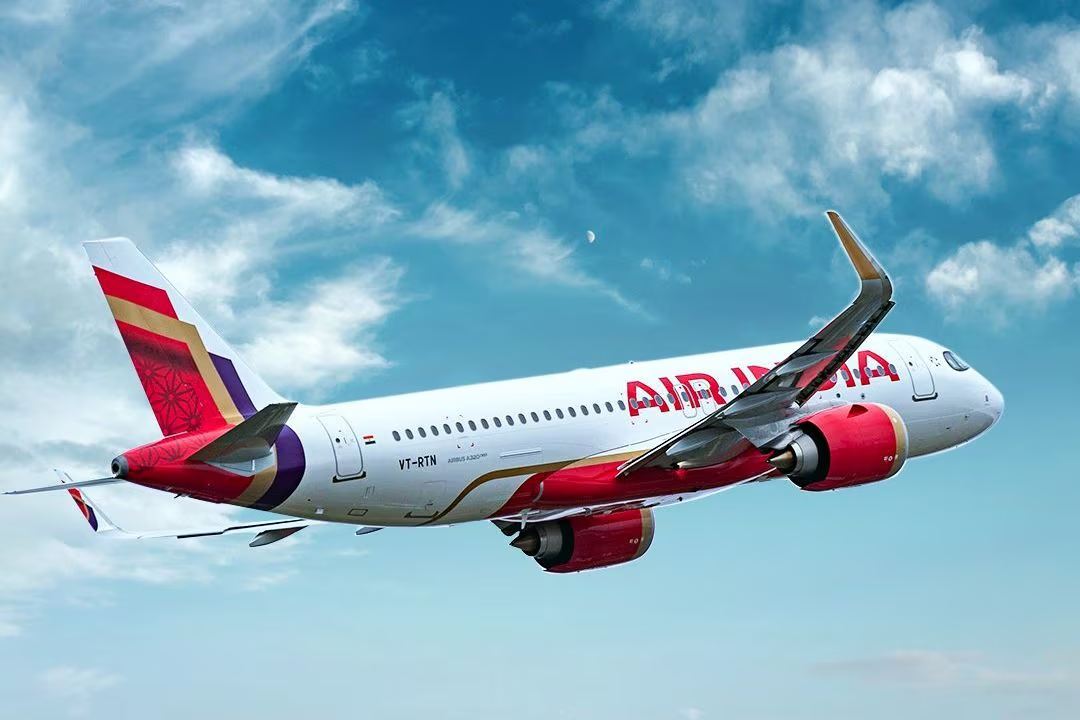Flights between the United Arab Emirates and India may now face extended travel times and unexpected delays after Pakistan announced the immediate closure of its airspace to Indian-owned and Indian-operated airlines.
The move comes in response to rising diplomatic tensions between Islamabad and New Delhi following a deadly terrorist attack in Jammu and Kashmir’s Pahalgam, which left 26 Indian tourists dead.
The airspace shutdown has forced Indian carriers such as Air India, Air India Express, and IndiGo—who rely on Pakistani airspace for the most direct routes from the UAE to cities like Delhi, Mumbai, and Bengaluru—to consider longer alternative paths.
These could include rerouting over the Arabian Sea or using more southern trajectories, potentially adding up to two hours of flying time.
UAE-Based Carriers Not Directly Affected
While UAE-based airlines such as Emirates, Etihad, flydubai, and Air Arabia are not directly affected by the airspace restrictions—since the ban targets only Indian-operated airlines—they could still experience secondary impacts.
Congestion over alternate air corridors, airport slot rescheduling, and increased turnaround times at Indian airports could contribute to wider disruptions.
Diplomatic Fallout
Pakistan’s airspace closure is part of a broader package of retaliatory diplomatic measures announced Thursday.
These include shutting down borders, canceling trade agreements, and revoking visas previously issued to Indian nationals.
“Pakistan declares the Indian Defence, Naval and Air Advisors in Islamabad persona non grata. They are directed to leave Pakistan immediately,” read an official statement from Prime Minister Shehbaz Sharif’s office. Exceptions are being made only for Sikh pilgrims.
India, for its part, has suspended visa services for Pakistani nationals, revoked existing valid visas effective April 27, and urged Indian citizens currently in Pakistan to return home immediately. Medical visas for Pakistanis will remain valid only until April 29.
Attack in Kashmir Sparks Tensions
The diplomatic standoff follows India’s accusation that Pakistan supports “cross-border terrorism,” an allegation Islamabad has repeatedly denied.
A group called The Resistance Front (TRF), an offshoot of the Lashkar-e-Taiba (LeT) claimed responsibility for the attack in Pahalgam
Indian Prime Minister Narendra Modi, addressing the nation on Thursday, vowed strong retaliation: “I say to the whole world: India will identify, track and punish every terrorist and their backer,” he declared.
This isn’t the first time geopolitical tensions between the two countries have disrupted commercial aviation.
In 2019, following the Pulwama terror attack and the subsequent military escalation, Pakistan closed its airspace for nearly five months. That disruption affected more than 400 flights daily and led to significant increases in flight times and fuel costs for international and Indian carriers alike.
During that period, UAE-based travelers flying to India on Indian carriers experienced average delays of 60 to 90 minutes. Some services were suspended altogether, while others required added stopovers and revised crew schedules.
Given the current situation, travelers flying from the UAE to India—especially those booked on Indian carriers—are advised to check their flight status with airlines before heading to the airport and prepare for potential delays.






